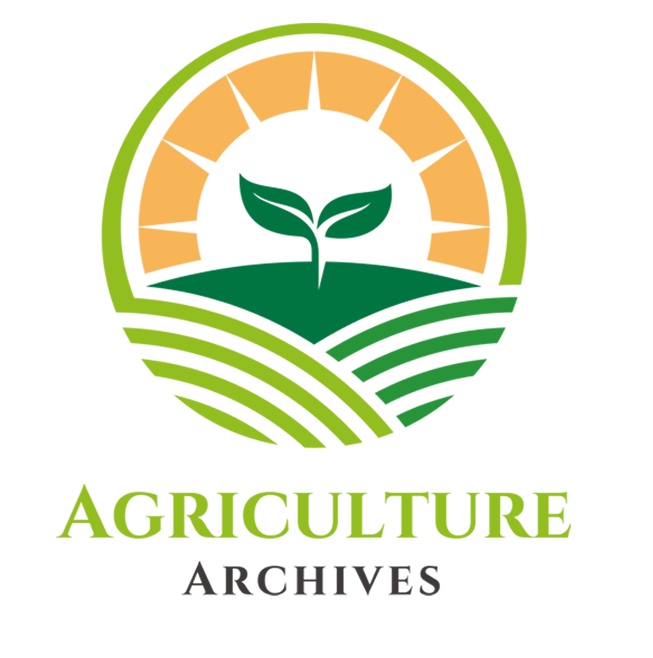Assessing Technical, Economic, and Allocative Efficiencies of Maize-Rice-Based Farmers Across Scale Economies in Southwest Nigeria
1. Introduction Agriculture continues to be a cornerstone of Nigeria’s economy, playing a vital role in its gross domestic product (GDP) and serving as the primary source of employment for the majority of the population [15] [29] [3]. In Southwest Nigeria, maize-rice cropping systems hold particular importance, as both maize and rice are not only … Read more
